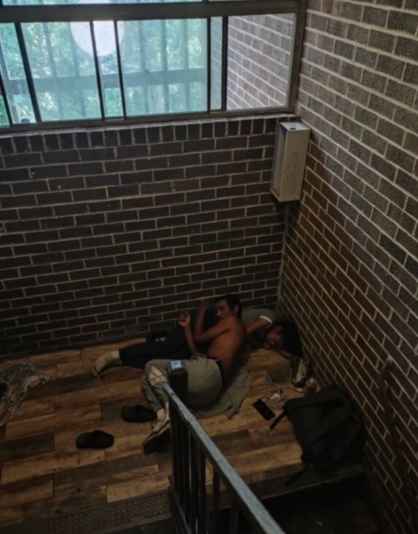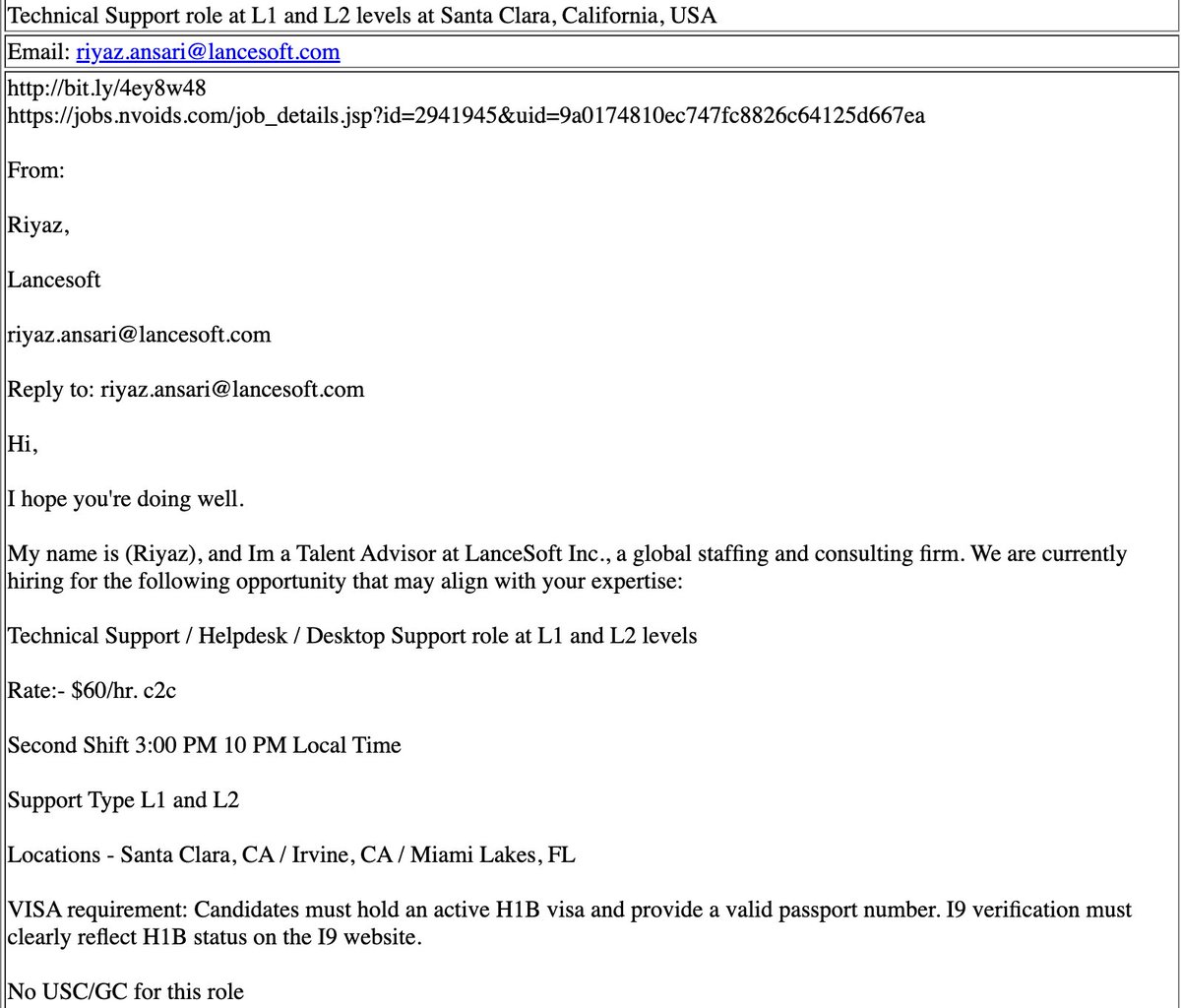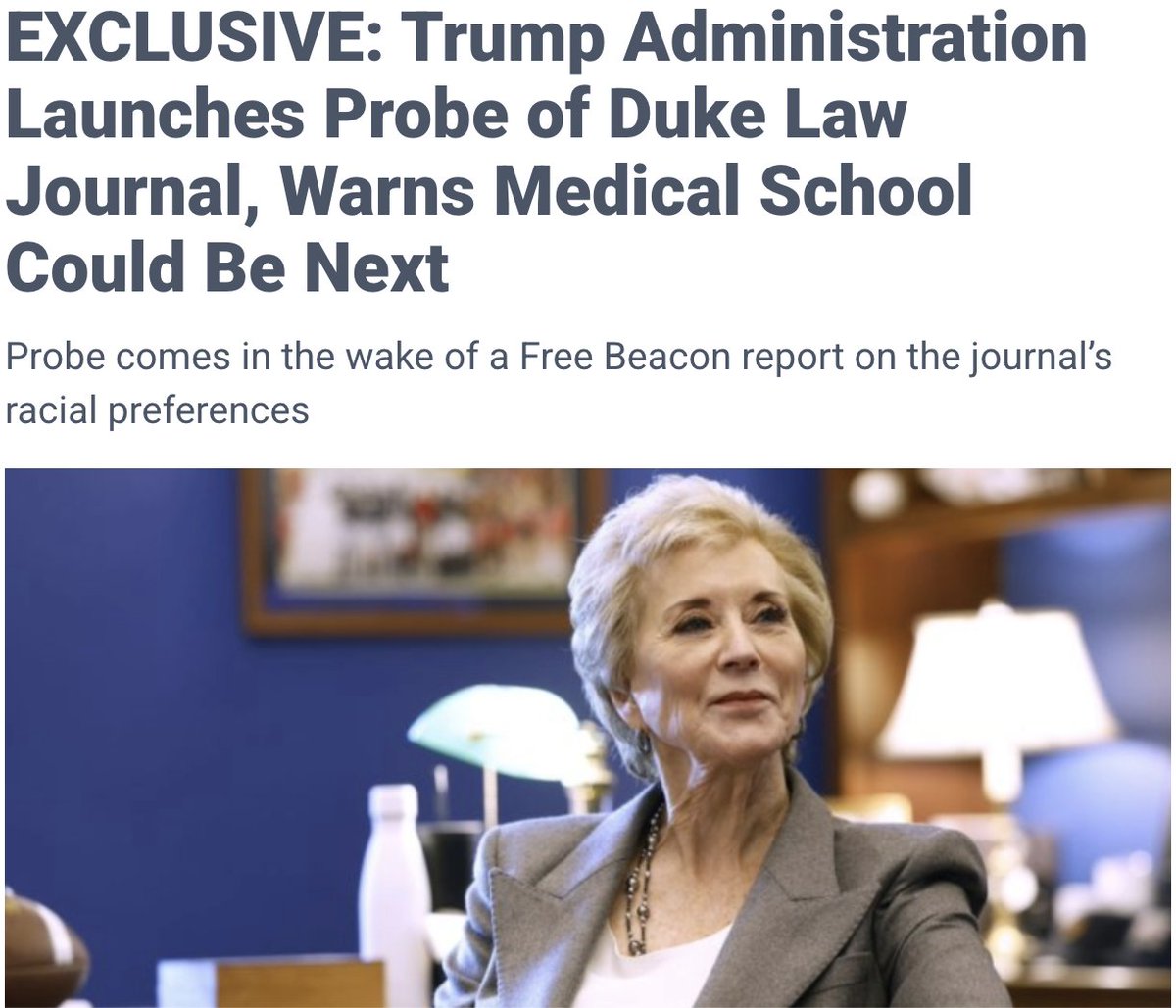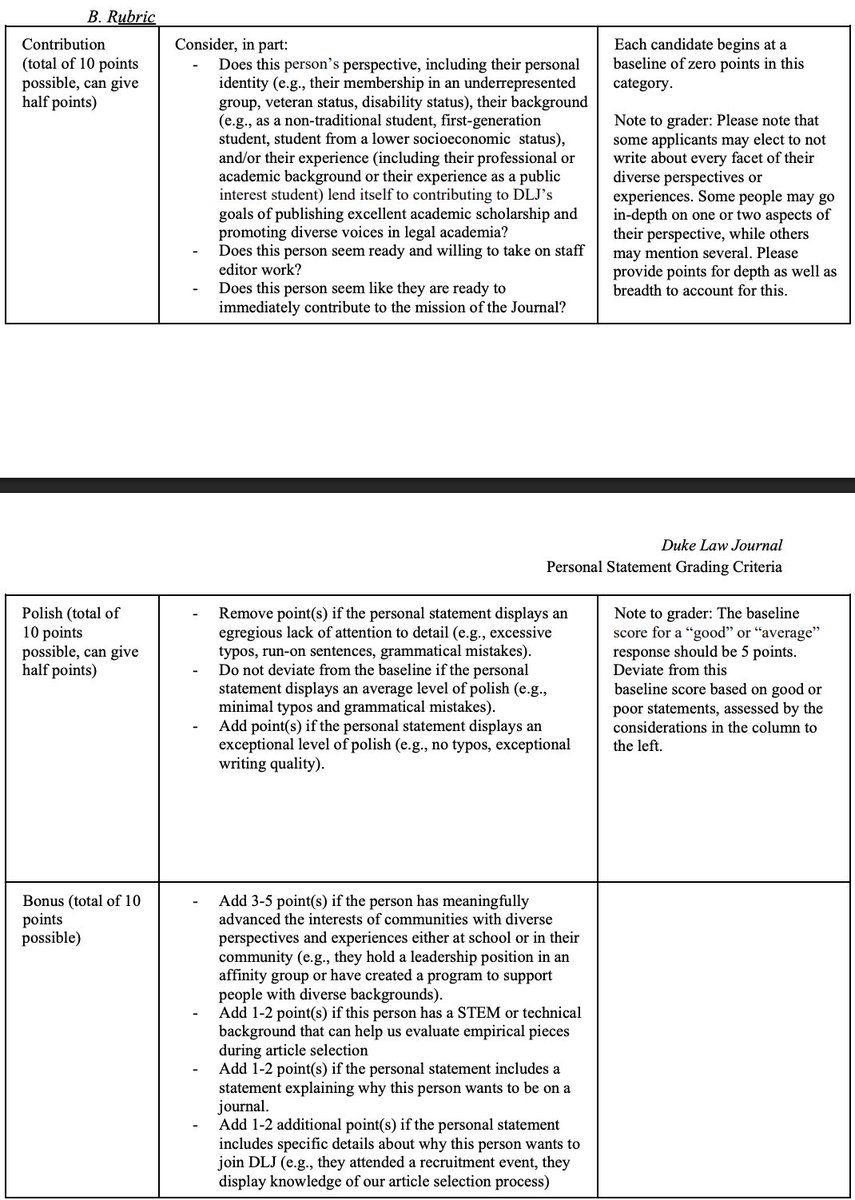SCOOP: Biden's COVID team appears to have entertained a test-and-trace app that would have let businesses deny service to patrons based on their health data.
It also would have divided users into three color-coded categories—just like China did last year.freebeacon.com/coronavirus/co…
It also would have divided users into three color-coded categories—just like China did last year.freebeacon.com/coronavirus/co…
The app was pioneered by the University of Illinois, which apparently tried to sell Biden on scaling up the school's contact tracing system. It records test results and Bluetooth data to determine who has been exposed to the virus—and "links building access" to that information. 

The system resembles the one being used in China, where a mandatory app gives each user a "health status"—green, yellow, or red—that dictates access to public spaces. The University of Illinois app likewise divides users into three categories: yellow, orange, and red. 

The proposal would amount to a more extreme version of so-called vaccine passports. Those passports collect less information and use a less granular classification scheme than the University of Illinois app, meaning they pose relatively fewer risks to civil liberties. 

The proposal also threatens to exclude far more Americans from public life than measures like voter ID laws, which progressives have decried as the "new Jim Crow." Only 11% of Americans do not have a government-issued ID, whereas 19% don't own a smartphone. 



The system could have enabled faster reopenings at lower risk, without centralizing surveillance in the hands of the federal government. But it would likely have encouraged a form of decentralized surveillance among businesses and local bureaucrats, which poses its own threats. 

In order to be effective, the app requires widespread participation—meaning local institutions would have a strong incentive to mandate it, even if they weren't technically required to. That could be the beginning of a kind of social credit system. 

The app collects less data, and has more built-in privacy protections, than some other systems. And with over a sixth of the population fully vaccinated, Biden seems to have left it on the chopping block.
But whether it stays there in future crises is an open question.
But whether it stays there in future crises is an open question.
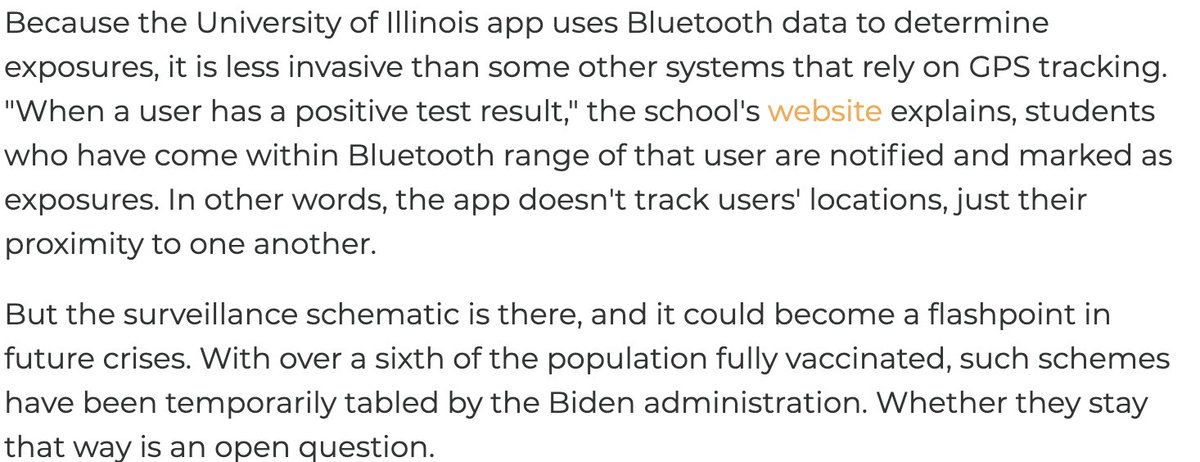
• • •
Missing some Tweet in this thread? You can try to
force a refresh



